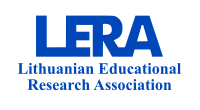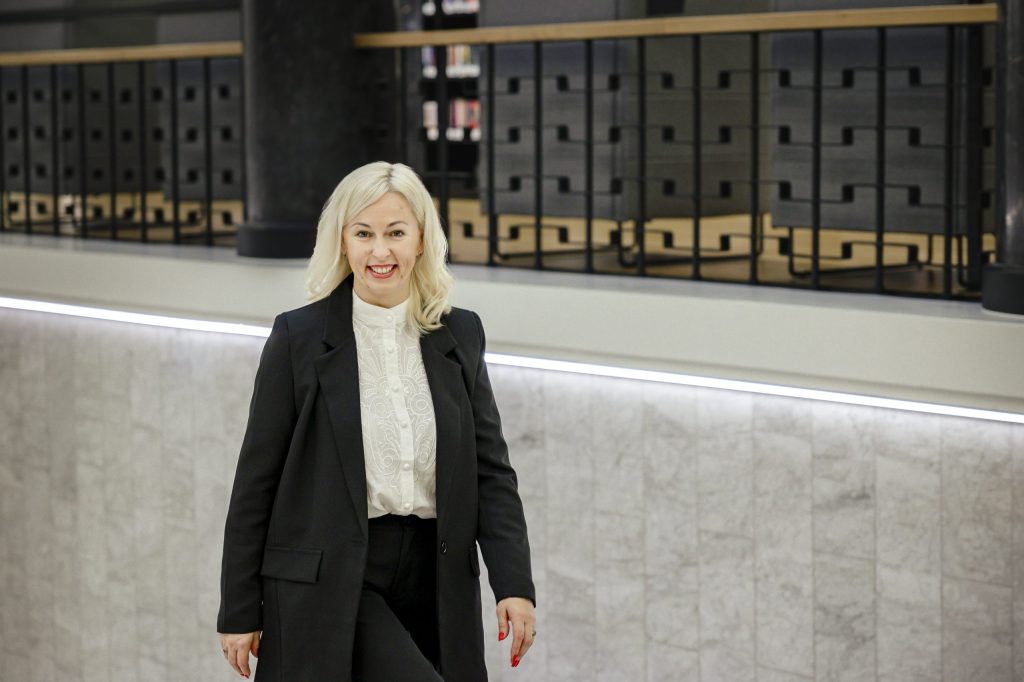Vaida Girinskienė
Education doctoral students have an exceptional opportunity to study at the world’s top universities.
Gain international knowledge, learn about different cultures, implement ambitious research ideas and get motivated to act – from now on, doctoral students in education can also take advantage of the opportunity to gain international experience by studying at the world’s best universities. They will be supported by the National Study Fund with more than EUR 45 000 per year, according to a press release.
International challenges for education studies
According to Sandra Kairė, associate professor at the Institute of Educational Sciences, Faculty of Philosophy, Vilnius University (VU), one of the main challenges facing the science of education is the expectation of society that research in this field will correspond to the processes and changes taking place in the practice of education, and that scientists are expected to provide quick solutions to the educational challenges, rapid responses to global trends affecting education, announced by international organisations, effective solutions to future skills, a focus on both basic and practice-oriented research, often forgetting that educational research is time-consuming, funding-intensive, and sometimes hampered by bureaucratic procedures.
The interlocutor evaluated the project “Strengthening Doctoral Studies in Education” implemented by the State Studies Foundation, which finances doctoral studies in the field of education at the best universities in the world, positively, pointing out that the essential added value of doctoral studies in education abroad for Lithuanian HEIs is the involvement of promising researchers into the community of education researchers and the opportunities for development of research in education.
“The experience of graduates who have completed doctoral studies in education at the world’s best universities can undoubtedly strengthen the internationalisation of education research and international cooperation in the field of research, and it can create an opportunity for Lithuanian and foreign higher education institutions to share their experience with each other, and in the future, perhaps, to more actively initiate collaborative research with foreign universities,” the interlocutor is convinced.
She hopes for changes in educational science
Viktorija Girinskienė, Head of the Scholarship and Financial Support Division of the National Study Foundation, explained that the project “Strengthening Doctoral Studies in Education” is important for solving the persistent problems of the quality and continuity of research in education in Lithuania: fragmented research, insufficient international recognition, lack of researchers focused on general education problems and teacher training, and insufficient contribution to the planning of education policies and curriculum modernisation.
“Progressive research, innovation and insights would help to develop modern and effective education policy and practice in Lithuania – a change that the doctorate in education needs to make. To receive support, a doctoral student must be invited to study at one of the world’s top 200 universities, or have already studied there, and then apply to the State Fund for Studies for support – to take part in the “Next 100″ competition,” explained V. Girinskienė.
More than EUR 45,000 per year will be granted to those who enrol in doctoral studies in education at the world’s best universities and who commit to returning to work in Lithuania after graduation. Until April 2027, 15 doctoral students will be funded to study at the world’s best universities.
Building on international trends
In the words of S. Kairė, Associate Professor at the Institute of Educational Sciences, Faculty of Philosophy, VU, education studies and research in Lithuania are currently going through a period of transformation. For example, the priority research and experimental development themes identified at the Institute of Educational Sciences of the Faculty of Philosophy of Vilnius University are in line with the global trends – culture of education and education for sustainable development, the development of global and local education policy, the change of educational content and teacher training.
“All of these topics are certainly relevant outside Lithuania, but they are also in line with global trends. In addition to these topics, we are beginning to work more and more actively at the level of research in the areas of artificial intelligence, inclusion, equality, and diversity in education,” explained Assoc. Prof. S. Kairė.
Funding for studies for a number of years
The State Foundation for Studies provides support for studies at the world’s best universities through the Next 100 competition, which has been running since 2018. Over the past seven years, as many as 167 bachelor’s, master’s and PhD students from different fields of study have gone to study.
To be eligible for the competition, PhD students in Education must be enrolled or already studying at a higher education institution in the top 200 universities in the world in at least one of the three global rankings (Times Higher Education World University Rankings, QS World University Rankings, Academic Ranking of World Universities (ARWU)).
Information provided by Information from the National Study Fund.
facebooklinkedintwitter


